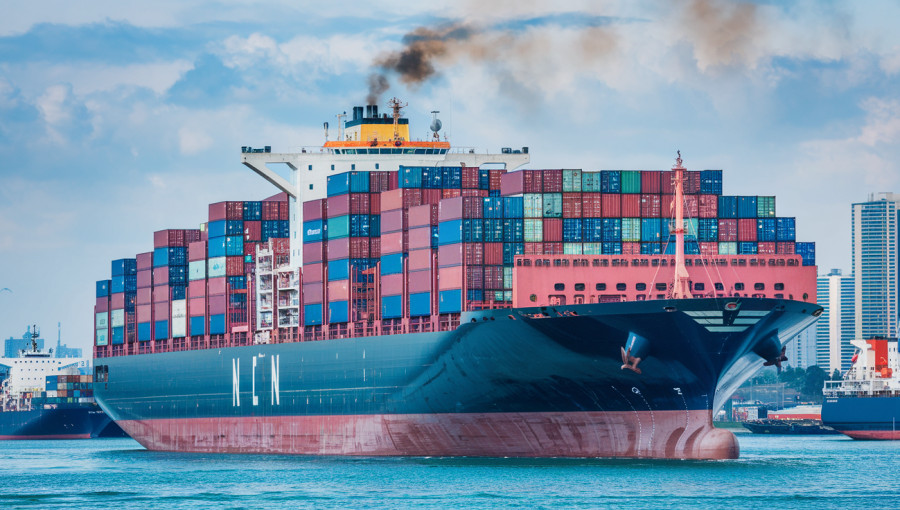This summer, an ammonia-powered vessel completed its first journey in eastern China, marking a significant milestone as the first ship to operate solely on this carbon-free fuel. Concurrently, Danish shipping leader Maersk launched its largest container ship yet, also designed to utilize methanol. Such advancements are part of a global trend as the maritime sector seeks to eliminate reliance on diesel fuels that contribute to pollution. However, despite these strides, the overall shift to cleaner alternatives remains limited within the industry.
The International Maritime Organization (IMO), tasked with addressing shipping emissions, was poised to approve a new decarbonization strategy. This initiative stems from the 2015 Paris Agreement, which underscored the urgency for reductions in greenhouse gas emissions. The proposed Net-Zero Framework would mandate the adoption of low-carbon fuels and introduce a carbon pricing scheme for shipping. However, following pressure from the Trump administration, the IMO decision on this pivotal framework was postponed for a year, leaving many stakeholders uncertain about future investments in cleaner shipping technologies.
Industry experts like Jade Patterson from BloombergNEF highlight a lack of incentives for shipping companies to transition to low-emission fuels, particularly since hydrogen-based alternatives like ammonia and methanol are more costly to produce than traditional fossil fuels. A smaller group of IMO members is currently deliberating on the specifics of the proposed regulations, which are expected to be revisited in October 2026. In the interim, the shipping industry continues to rely heavily on fossil fuels amid growing demand, with cargo vessels responsible for a significant portion of global emissions.
The Net-Zero Framework aimed to enhance goals set in 2023 to reduce emissions from cargo ships by at least 20% by 2030 and achieve net-zero emissions around 2050. However, actual adoption of low- or zero-emission fuels has been minimal, primarily driven by voluntary initiatives from companies under pressure from stakeholders to implement greener practices. While regional policies are emerging to address pollutants from ships, the overall effectiveness remains hindered by inadequate global agreements, particularly with political shifts in the U.S.
Many energy projects, including those for green ammonia and methanol production, face critical challenges such as high costs and changing government policies that threaten funding. The cancellation of energy projects, including Ørsted’s green-methanol plant and Shell’s biofuels facility, underscores the difficulties in transitioning to cleaner fuels. Ingrid Irigoyen, from the Zero Emission Maritime Buyers Alliance, emphasizes the need for concerted efforts to expand alternative fuel production, as voluntary agreements alone are insufficient for large-scale decarbonization.
Within the shipping community, opinions diverge on the implementation of proposed frameworks, particularly regarding the inclusion of biofuels derived from crops, which may contribute to environmental degradation. Shipbuilders and operators are in a state of uncertainty as they await clearer guidelines, with new orders for vessels using alternative fuels declining steadily. As the industry navigates these complexities, the balance between advancing decarbonization and economic viability remains crucial, underscoring the pressing need for a cohesive global approach to sustainable shipping practices.

